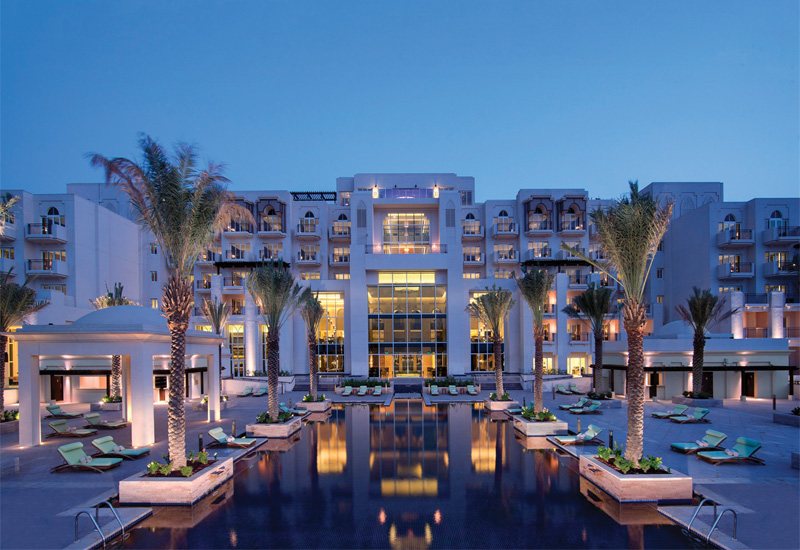Localisation
One of the main factors to consider when it comes to SEO is the use of appropriate languages and local sites, says de Ducla.
“It’s important to be aware of all the languages that would be used, and then if you have your website in these languages and have it optimised, it has more chance to appear in the first page,” she says.
Both Mancini and Lowery echo this sentiment, suggesting that if a hotel doesn’t have the resources to create a fully functioning website in all different languages, even just having a few crucial pages in the necessary languages will bring substantial benefits.

| Advertisement |
Anantara, part of the Thailand-based Minor Group, has recently launched its Arabic website. David Garner, regional director of sales and marketing, Anantara Middle East, says that due to 60% of all bookings for its three properties in the Middle East coming from the GCC, “our distribution to the Arabic speaking community is crucial to driving this revenue segment”.
He reports that in the first seven months of 2012, bookings from Western Asia — the Google Analytics defined region which includes the Middle East — have increased 42% year on year. This region is now the second largest in terms of bookings via the brand website.
According to Google, 13% of all searches for hotels in the Middle East are in Arabic, whereas, in Russia, 87% of hotel searches are in Russian, highlighting the importance of local sites across the board.
Once an Arabic site — or at least, a partial site — has been created, it then allows for targeted SEO campaigns towards this market. While online penetration in MENA is 57%, according to eMarketer in March 2011, Lowery says that search is “less mature” than other markets around the world, meaning users will be more generic with their search terms.
This, he adds, is both an advantage and disadvantage. There are more hotels competing for the same generic keywords but, on the other hand, SEO strategies are less advanced than those carried out in other languages, so it’s easier for smaller chains to get a good foothold.
Anantara’s Garner agrees: “Some keywords are very competitive, so choosing these can lead to less ROI.”
At Fairmont Raffles Hotels International, director of internet marketing Michael Innocentin says the solution is to take a holistic approach.
“Hotels need to expand beyond basic SEO strategies and ensure they have a holistic digital marketing plan that encompasses paid search and display advertising, as well as social media engagement and reputation management,” Innocentin advises.
Social Engagement
Over the last few months, digital marketing agencies have noticed an increase in the influence social media is having on search results.
When using sites such as Facebook to share a photo or video, Mancini explains that hoteliers often don’t consider SEO. He says that many hotels, for example, call their logo image, simply ‘logo’. “What is ‘logo’? Google doesn’t know what it is – it needs to be called ‘Atlantis The Palm Hotel Dubai logo’, for example,” Mancini explains.
But social media isn’t simply Facebook and Twitter – it also encompasses TripAdvisor and other hotel aggregation and review websites. Typically, these are the first to appear on Google’s search results, due to their sheer size, relevance and amount of content.
One common problem is the occasional bad review — the trick is not to try and remove it, but instead to make the positive reviews more visible. This can be achieved through commenting and thanking the guests, and linking to the posts from your websites.
At the same time, it’s important to still acknowledge the bad review — customers need to know that you recognise the review and are doing things to work on the issue.
However, Google’s de Ducla warns: “What we see sometimes is that hotels have social media but have nobody managing SEO and it’s a very big surprise, as it’s so basic. Social media is very exciting and everyone wants to be on social media and recognised and see their number of fans and likes.
It’s nice to have and good for the overall strategy but the first thing you need to question is ‘is your presence optimised on search engines?’. In the end, this is what will impact your bottom line, not social media”.
Article continues on next page ...









 Search our database of more than 2,700 industry companies
Search our database of more than 2,700 industry companies









